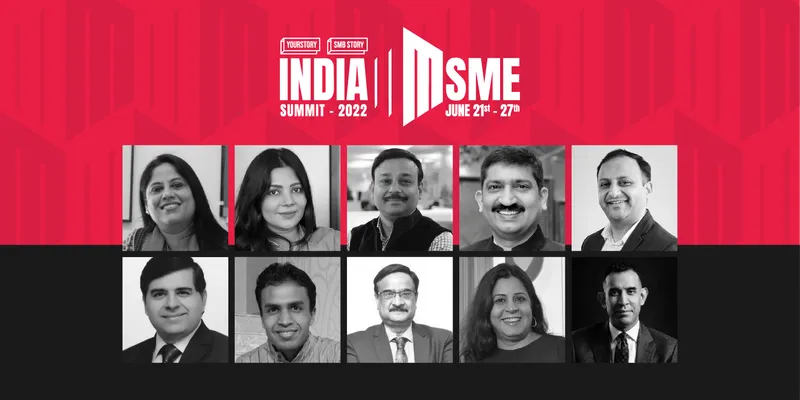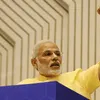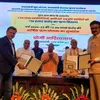5 years of GST, MSMEs managing delayed payments, and other top stories of the week
Five years after the GST tax came into effect, SMBStory looks at the years that went by and what the road for Indian micro, small, and medium enterprises (MSMEs) looks like with GST 2.0.
Said to be India's biggest tax reform, the Goods and Services Tax (GST) was implemented five years ago with one agenda: ‘‘One nation, one market, one tax.”
The four-rate structure aimed to eliminate the cascading effect of multiple taxes as it subsumed various taxes such as VAT, sales tax, entertainment tax, service tax, and more, which amounted to 31 percent as tax payable on an average for a consumer.

Five years down the line, GST has had many hits and some misses, and also brought about a paradigm shift in the use of technology to bring about tax compliance and making over Rs 1 lakh crore revenue collection every month 'a new normal'.
On the fifth anniversary, the Central Board of Indirect Taxes and Customs (CBIC) tweeted, “GST subsumed multiple levies and cesses, reduced compliance burden, removed regional imbalances and inter-state barriers, and significantly increased the transparency and overall revenue collection.”
The collections had touched a record Rs 1.68 lakh crore in April 2022. It had, for the first time, crossed the Rs 1 lakh crore mark in collections in April 2018. The total GST collections till June 30, 2022 have totalled Rs 1.4 lakh crore.
The first leg of the GST regime came to an end just days before the GST Council announced the revised rates for several commodities.
Five years after the tax came into effect, SMBStory looks at the years that went by and what the road for Indian micro, small, and medium enterprises (MSMEs) looks like with GST 2.0.
Solving the problem of delayed payments
According to a report by Global Alliance for Mass Entrepreneurship (GAME) and Dun & Bradstreet India, delayed payments due from buyers to MSME suppliers amount to Rs 10.7 lakh crore per year.
Unveiling the report, Union MSME Minister Narayan Rane said, “The complexity of the problem will need a lasting solution. All stakeholders—buyers, solution providers, and MSMEs—should come together and address the problem of delayed payments.”
He added that the government is implementing a series of interventions to address delayed payments as it is weakening MSME suppliers and impeding their growth.
During the fourth edition of the India MSME Summit 2022, MSME stakeholders discussed their experiences with delayed payments and how it impacts business operations.
The panel comprised Geetha Krishnan (Director and CEO, Fragrant Kitchen), Sanddhya Yadav (Director, Tulip Flori), Winny Patro (Co-founder and CEO, Recordent), and Mukesh Mohan Gupta (National Board for MSME, Ministry of MSME). It was moderated by Kinjal Sampat, Vice President, Research and MEL, GAME.
India MSME Summit 2022: Grand Finale

Since 2020, India’s micro, small and medium enterprises (MSMEs) have faced tremendous challenges—the pandemic shock sank many businesses, the capital crunch saw many struggling to survive, while accelerated digitisation forced some to change their business models altogether.
For the last couple of years, India’s MSMEs have been focused on survival and resilience. But now, it’s time to think beyond resilience.
On that note, the week-long celebration of small businesses at India MSME Summit 2022, which started on June 21, culminated with a grand finale today on the occasion of MSME Day.
YourStory Founder and CEO Shradha Sharma flagged off the grand finale celebrations with a keynote speech highlighting the importance of embracing and adapting to the changing world, and motivating entrepreneurs to conquer themselves first.
“Dusro ki jai se pehle khud ki jai karna (conquer yourself before conquering others),” Shradha said, adding that the only way to stay relevant in the changing business ecosystem is to adapt.
Edited by Suman Singh









